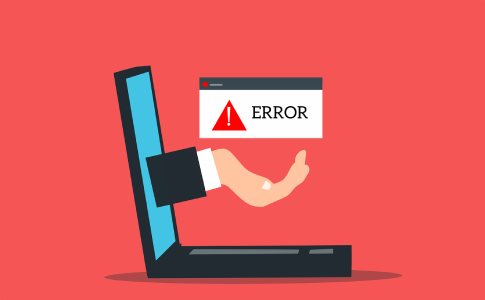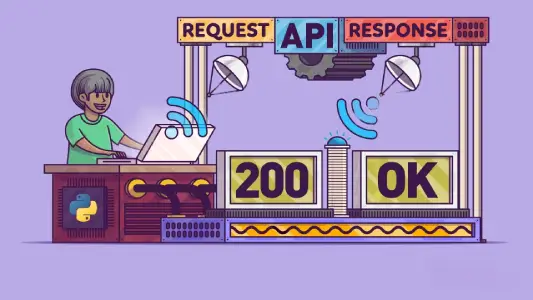Learning Python can be a rewarding experience due to its versatility and widespread use in many fields like web development, data analysis, artificial intelligence, and more. Here are some important topics to focus on when learning Python:
Basic Syntax and Data Types: Start with understanding Python’s syntax, keywords, and data types (strings, integers, floats, booleans). Learn how to define variables, and use basic arithmetic operations.

Control Structures: Learn about control flow structures including if, elif, and else statements for decision making, and loops (for and while) for repeating tasks.
Functions: Understand how to define and use functions to organize and reuse code. Learn about arguments, return values, and the scope of variables.
Data Structures: Get familiar with built-in data structures like lists, dictionaries, sets, and tuples. Learn how to create, access, and manipulate these structures.

Modules and Packages: Learn how to use modules to organize code logically and how to use Python’s package manager (pip) to install and use packages.
File Handling: Understand how to read from and write to files in Python. This includes handling different file formats like text files, CSV, and potentially JSON.
Error Handling: Learn how to handle errors and exceptions using try, except, finally, and raise to make your code more robust and error-proof.

Object-Oriented Programming (OOP): Dive into object-oriented concepts such as classes, objects, inheritance, and polymorphism. OOP is crucial for writing well-structured, scalable code.
Libraries and Frameworks: Depending on your interest, learning to use libraries like NumPy and Pandas for data analysis, Matplotlib and Seaborn for data visualization, Flask or Django for web development, and TensorFlow or PyTorch for machine learning can be highly beneficial.
Virtual Environments: Understand the use of virtual environments in Python to manage dependencies and keep projects isolated and manageable.

Decorators and Generators: These are advanced Python features that can help make your code more efficient and cleaner.
Testing: Learn how to write tests using frameworks like unittest or pytest to ensure your code works as expected before deployment.
API Interaction: Learn how to use Python to interact with APIs to send and receive data from external services.
